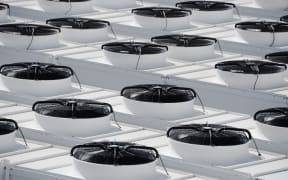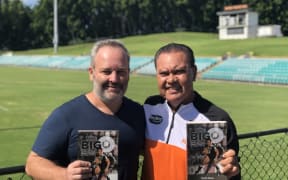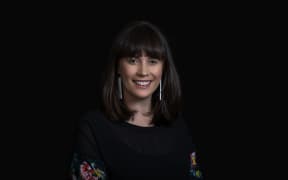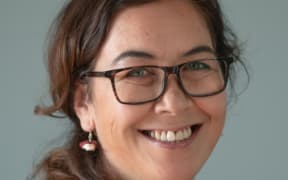Saturday Morning for Saturday 19 September 2020
Julian Wilcox is presenting the show this week and next
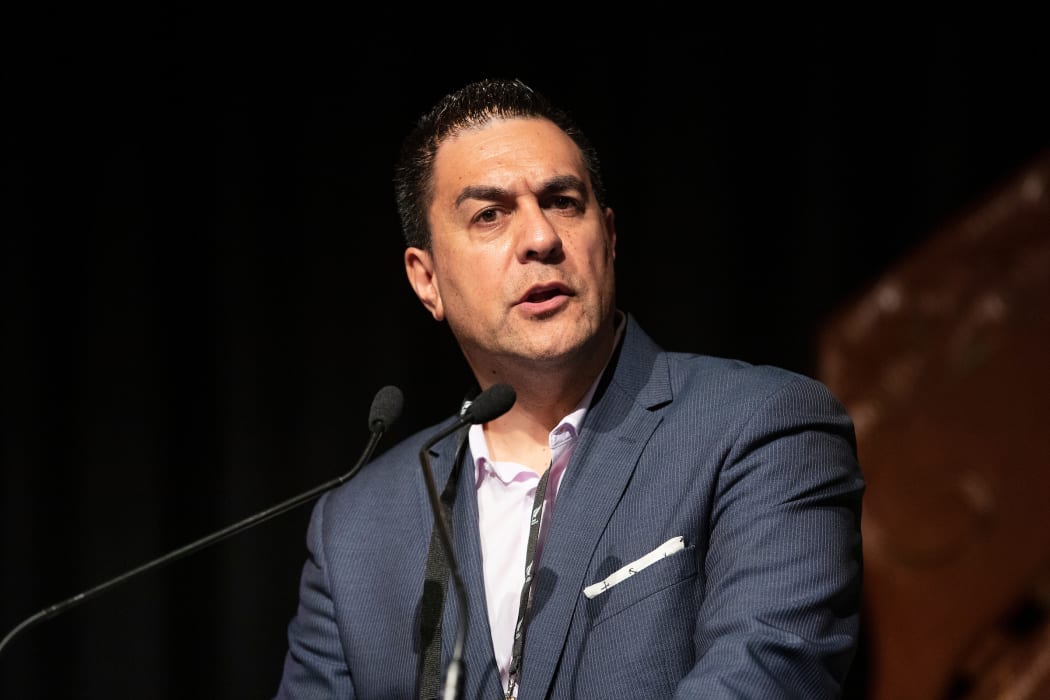
Photo: Brett Phibbs / Photosport
8:10 How better building design can fight the spread of Covid-19

Photo: supplied
How does the design of our buildings and office layouts need to change to minimise the spread of COVID-19? That's one of the questions exercising Joe Allen, an assistant professor of exposure assessment science and director of the Healthy Buildings program at Harvard University's T.H. Chan School of Public Health.
He's interested in the way our offices, homes and other enclosed spaces (including aeroplanes...and toilets!) could be contributing to the spread of COVID-19.
An early advocate of facemasks to limit COVID's spread, he's a critic of needless 'hygiene theatre" at the expense of tackling what he sees as the single most important issue: airborne transmission.
One of the answers? Better ventilation systems, with a host of air conditioners and filters being retrofitted in American office buildings to help coax uneasy workers back to their desks.
So what lessons can we learn from this here in New Zealand? And how far should building owners and employers be expected to go to ensure that their staff stay safe and well?
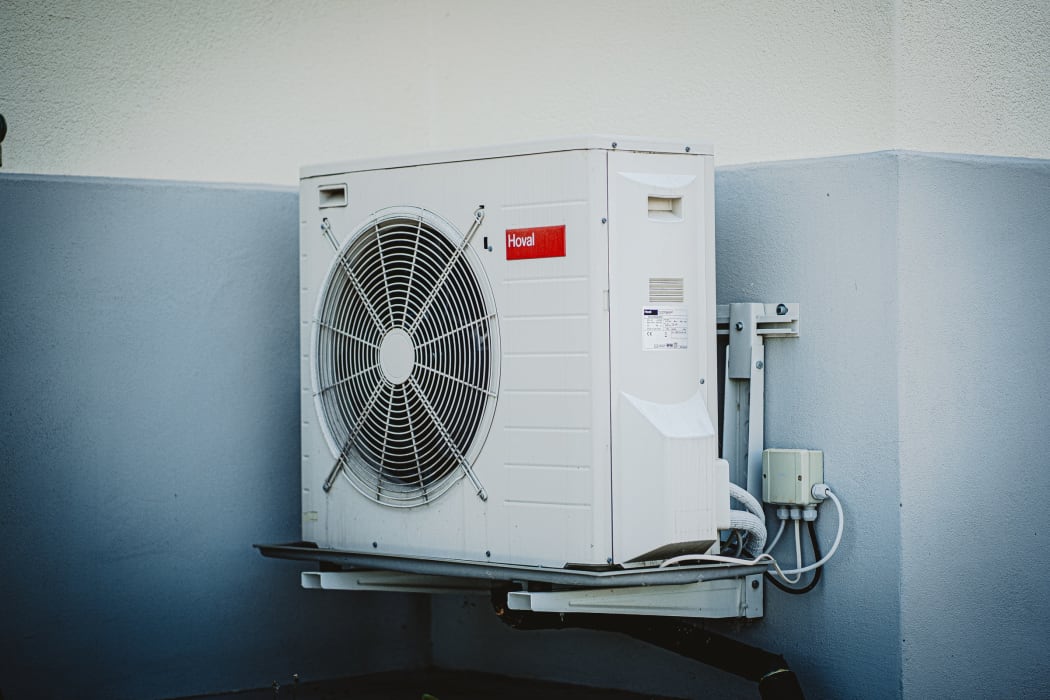
Photo: Photo by Carlos Lindner on Unsplash
8:30 Death, mana and Peter Ellis: lawyer Natalie Coates
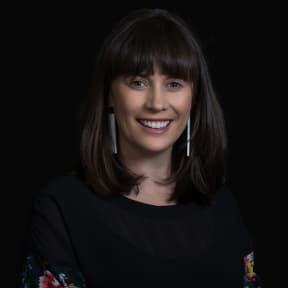
Natalie Coates Photo: supplied
New Zealand legal history was made earlier this month when the Supreme Court allowed former Christchurch Civic Creche worker Peter Ellis's appeal against charges of sexual offending to continue, despite the fact he died in September last year.
It will be the first time in Aotearoa that a conviction is appealed by a dead person.
Counsel for Peter Ellis, Natalie Coates, used an argument based on tikanga - that both Māori and Pākehā have mana in death and if the appeal was successful, this would affect his mana and that of his whānau.
Tikanga (Māori customary practice) is increasingly recognised in legislation and by the courts as important, but Ellis' appeal is being seen as a landmark case.
So how and why should tikanga be woven into our legal system?
Natalie Coates is a partner at Kāhui Legal who's previously worked as a law lecturer at the University of Auckland, for her iwi, and at an international human rights organisation.
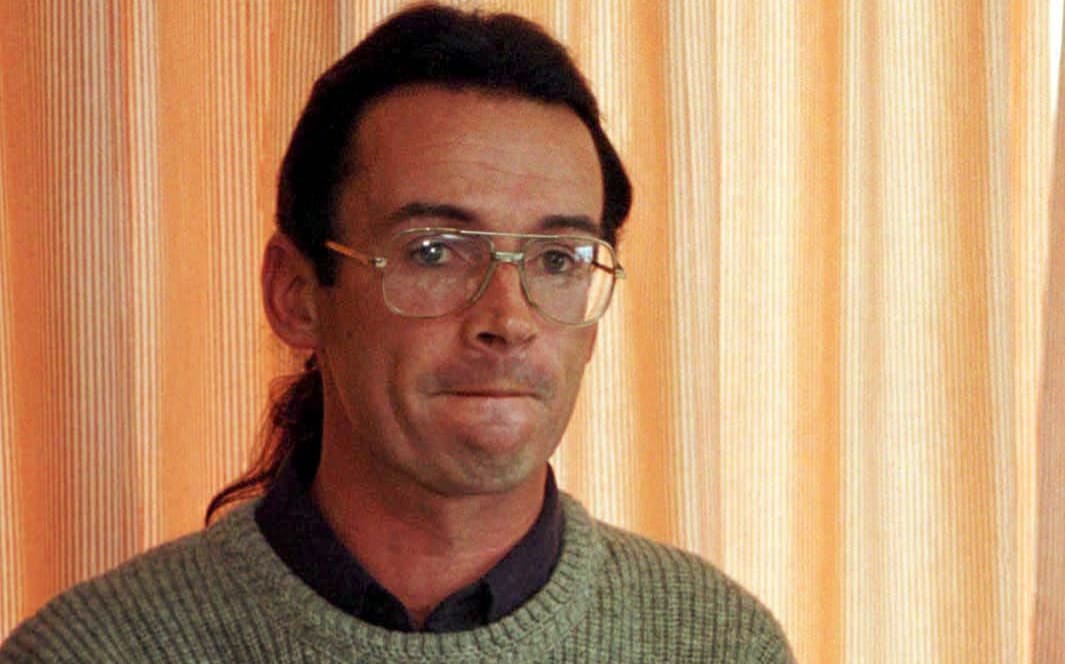
Peter Ellis always maintained his innocence after being found guilty of 16 counts of sexual abuse in 1993, and repeatedly sought to overthrow the convictions. Photo: Getty Images
9:05 Australian criminal lawyer Andrew Boe: representing the reprehensible
How tough would it be to defend a nationalist politician whose views would see you and your family deported from the country they now call home?
Australian criminal lawyer Andrew Boe arrived in Queensland from Burma- now Myanmar- with his parents as a child. He's risen to become one of Australia's top barristers, and in his book The Truth Hurts he reflects on his three decades in the law, some previous clients (including serial killer Ivan Milat and right wing politician Pauline Hanson) and what is wrong with Australia's criminal justice system.
With an increasing interest in indigenous issues and a track record of representing some of the most vulnerable people in society, as well as some of the most notorious and privileged too, he sees that not everyone is treated equally in the eyes of the law.
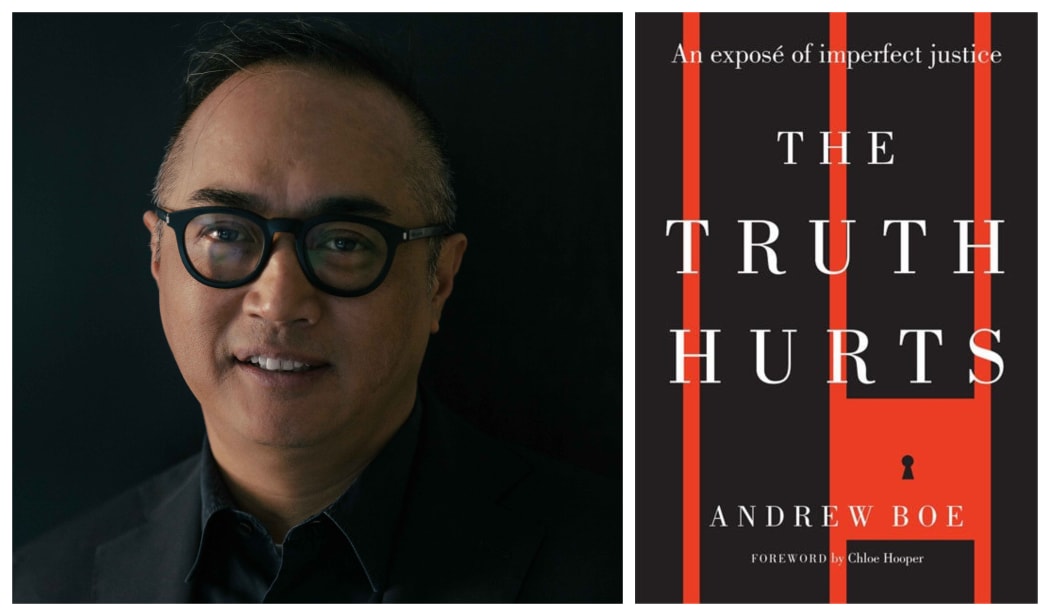
Andrew Roe and the cover of his book "The Truth Hurts" Photo: supplied
9:30 Protest and professional sport: Douglas Hartmann
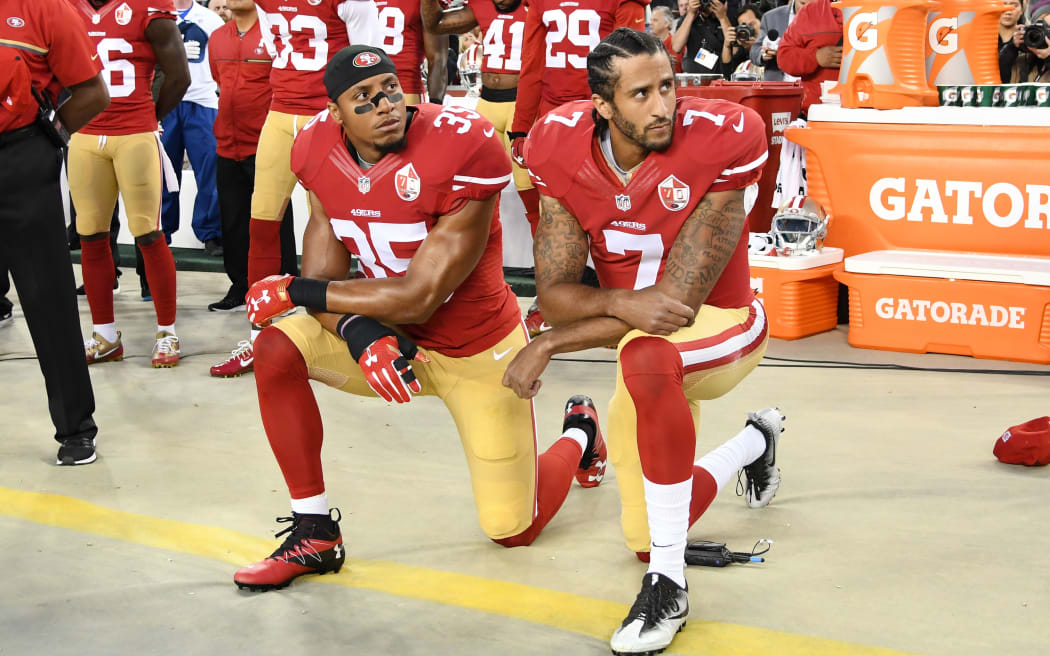
Colin Kaepernick #7 and Eric Reid #35 of the San Francisco 49ers kneel in protest during the national anthem prior to playing the Los Angeles Rams in their NFL game 2016. Photo: AFP
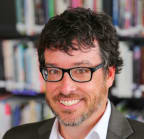
Douglas Hartmann Photo: supplied
The Black Lives Matter protests continue to influence the spectacle and the business of pro sports.
With many of the world's top leagues now back in action, including the NBA, football and the NFL, how are they accommodating athletes who want to campaign for social change?
Meanwhile the International Olympic Committee's in the process of reviewing its January ban on political protest gestures (including kneeling, hand signs and the wearing or holding of placards or armbands) before the rescheduled Tokyo Games take place in 2021.
To put modern events into historical context is sociologist Professor Douglas Hartmann, the Chair of Sociology at the University of Minnesota. He is the author of Race, Culture, and the Revolt of the Black Athlete: The 1968 Olympic Protests and Their Aftermath.
10:05 Patrick Skene: Pacific and Māori influences on the NRL
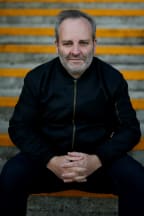
Patrick Skene Photo: supplied
When New Zealand rugby league legend Olsen Filipaina- aka "The Big O" or "The Galloping Garbo" on account of his day job- plied his trade in Australia's National Rugby League he was a trailblazer as a player of Pasific descent.
Now, according to author Patrick Skene, players of Pasifika or Māori heritage make up around half of all NRL players, and dominate the league.
In his book The Big O Skene celebrates the career of a working class hero who overcame racism and depression to play in over 29 Tests and more than 100 first grade games, a pioneer of the 'Pacific Revolution' that reshaped the game
10:30 Revitalising te reo Māori: Professor Rawinia Higgins
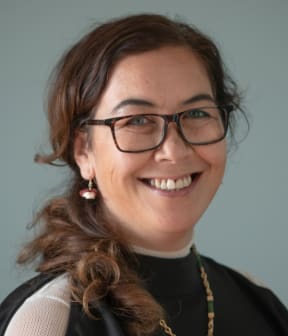
Rawinia Higgins Photo: Victoria University of Wellington.
Hundreds of thousands of New Zealanders joined together to speak, sing and celebrate te reo at midday on Monday.
This "Māori Language Moment", part of Te Wiki o te reo Māori, was the single largest celebration of the Māori language in Aotearoa's history.
So how can events like these contribute to the goal of getting 1 million Māori language speakers by 2040?
Joining us to discuss is Professor Rawinia Higgins, the Chair of Te Taura Whiri i te Reo Māori chair/The Māori Language Commission.
As well as being an eminent Māori studies scholar, she's also a member of the Waitangi Tribunal, and a passionate advocate for all things te ao Māori.
11:05 Flying with swans: conservationist Sacha Dench
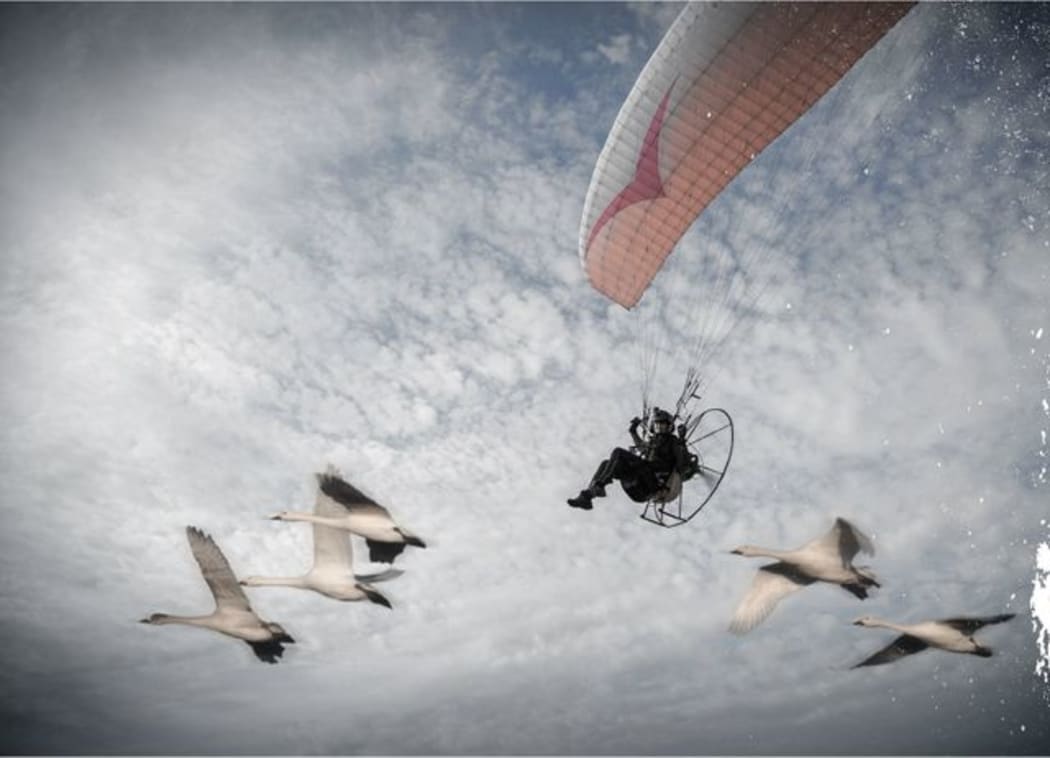
Sacha Dench and swans Photo: supplied / Conservation without Borders
Despite a fear of flying, conservationist and adventurer Sacha Dench took to the sky in a flimsy-looking motorised paraglider to follow birds' migration routes.
Called the 'human swan', her first mission in 2016 involved her flying 7,000 kms across 11 countries to track the migrating Bewick's Swan across the Russian tundra to the UK.
Her next project has been delayed until next year by the coronavirus pandemic but involves following ospreys across Europe to West Africa.
Also in the pipeline is an even longer expedition from Alaska across Asia down to New Zealand.
11:30 A silver bullet against bacteria? nanotech anti-microbial coatings
Never has humanity given so much thought to the handles, the buttons, and the benchtops that surround us.
The realities of life under the pandemic mean that every encounter with a surface becomes an interaction laden with dread.
Not a bad time, then, to be harnessing the power of silver nano-particles to design anti-microbial- and potentially anti-viral- coatings that can be applied to surfaces in our hospitals, factories and across our daily lives.
Eldon Tate is the founder and CEO of Inhibit Coatings and a finalist for the Norman Barry Foundation Breakthrough Innovator award in the eighth annual KiwiNet Research Commercialisation Awards.
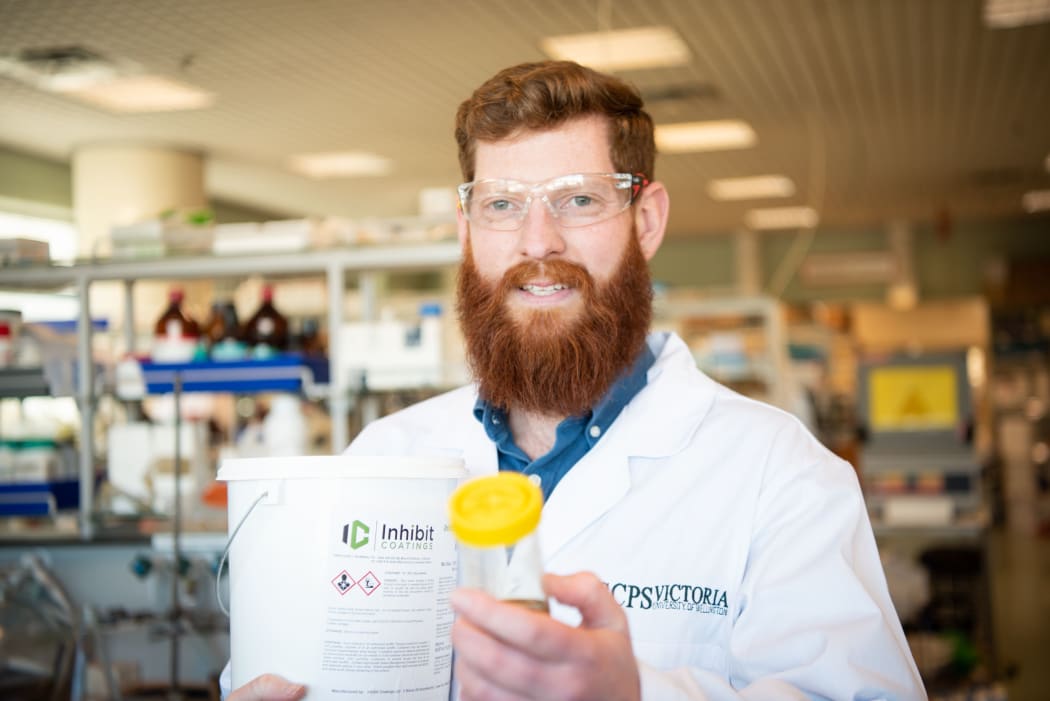
Eldon Tate Photo: supplied
Books mentioned in this show:
The Truth Hurts
by Andrew Boe
ISBN: 9780733643385
Published by Hachette
Race, Culture, and the Revolt of the Black Athlete: The 1968 Olympic Protests and Their Aftermath
by Douglas Hartmann
ISBN: 9780226318561
Published by University of Chicago Press
The Big O: The Life and Times of Olsen Filipaina Pacific Revolution Pioneer
by Patrick Skene
ISBN: 9781988516844
Published by Upstart Press
Music played in this show
Song:These Hands
Artist:Teeks
Played at: 8:30
Song: No Flowers
Artist: Dallas Taimara
Played at: 9:38
Song:Tōku Reo
Artist: Moana & The Tribe
Played at 10:30
